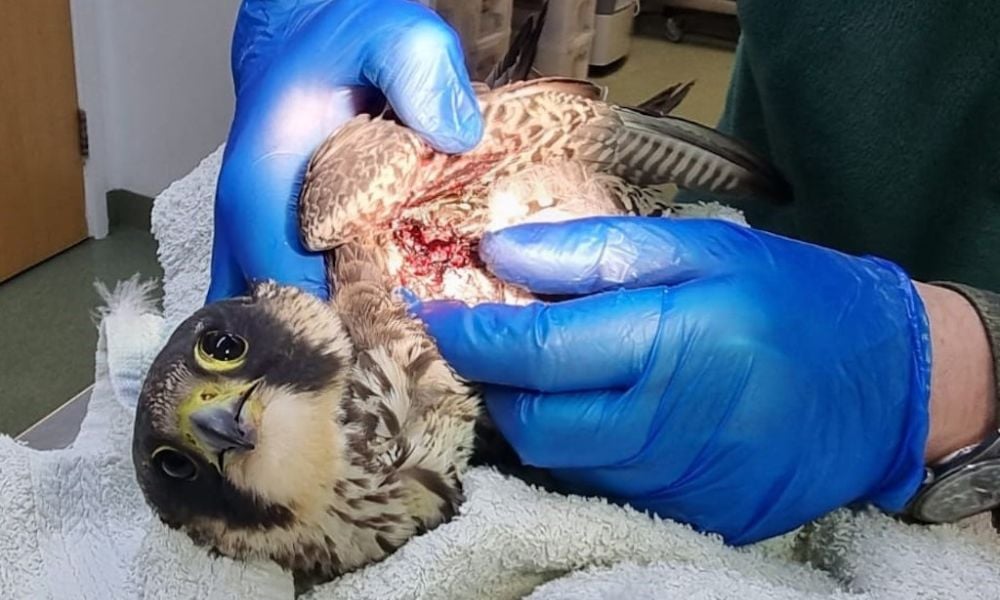Social media may be spurring the rise of animal cruelty rates in England, according to the Royal Society for the Prevention of Cruelty to Animals (RSPCA). The Guardian reported that the RSPCA found 370 animals were injured or killed by humans using crossbows, slingshots, airguns, or catapults in 2023. This is a 23% increase from 2022.
According to a Sky News investigation children and teens seeking online validation have greatly contributed to this rise. They are recorded celebrating their killing sprees on social media platforms and bragging about the extremes of their abuse. Videos depict gruesome scenes such as a cat hung upside down from their back legs, a Canadian Goose left to drown while a teenager cheers, and a shot deer writhing in pain while a child kicks the dying animal.
Sky News reported that while England does have laws in place to protect animals from violence, there is no law that specifically prohibits the use of catapults to harm animals.
“We were seeing this increase in people targeting swans, geese, ducks and other water fowl, even squirrels, with catapults for fun,” Geoff Edmond, an RSPCA wildlife officer, said. “A lot of wildlife crime has changed because [perpetrators] can utilise social media to show what to do.”
Edmond said the RSPCA receives about 200 reports per year of people harming animals for “fun.” Numerous cats have endured severe harm from airgun shots. One named Narla suffered a ruptured spleen and another named Rocket sustained life-altering injuries, including the loss of one eye.
In Essex, where crimes against wildlife are especially high, police officers launched Operation Lakeshot, an initiative to prevent wildlife cruelty. A news release from Essex Police states that their rural engagement team collaborates with the community, local officials, animal hospitals, and Essex Wildlife Trust to “identify offenders and to put a stop to their cruel activities.”
“It’s not just catapults, people sometimes target wildlife with air weapons and crossbows,” Operation Lakeshot’s National Police Lead Jed Raven said. “But any way you look at it, it’s dangerous and it is cruel. And animal cruelty can be a precursor to more serious crimes.”
Lady Freethinker urges readers not to like, follow, or share social media content depicting animal cruelty and violence.







